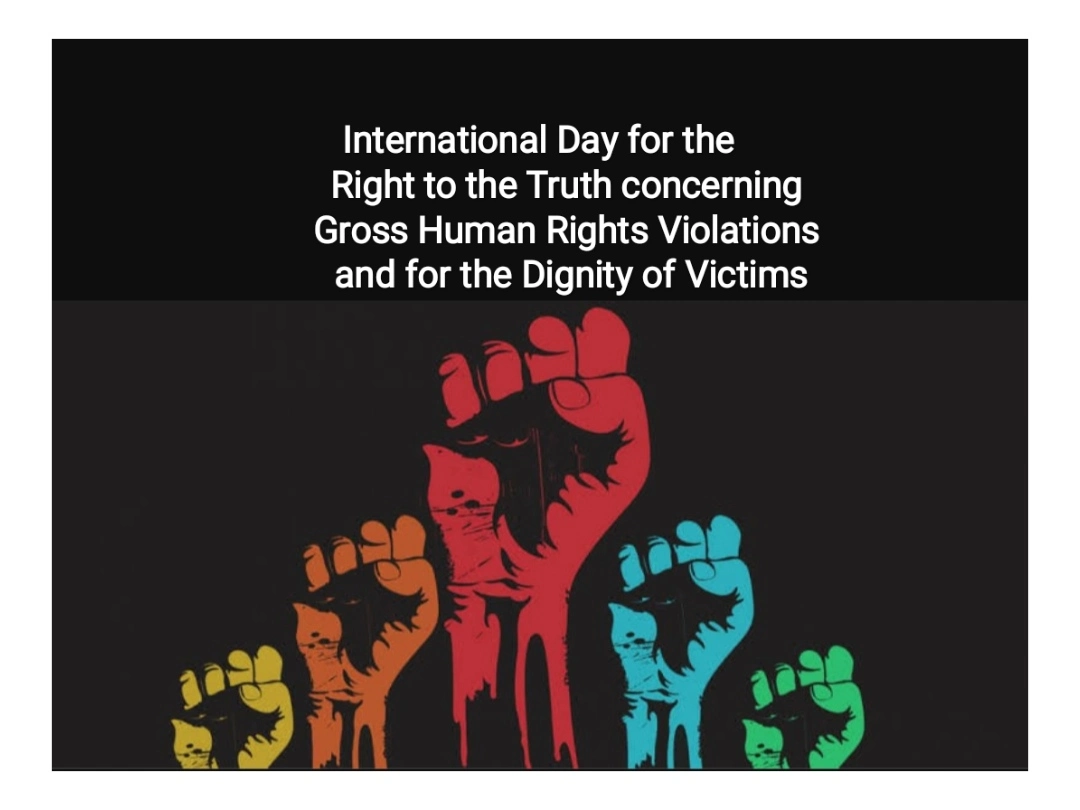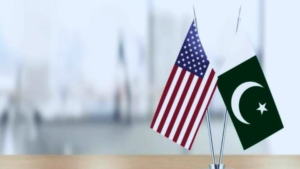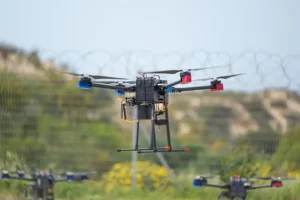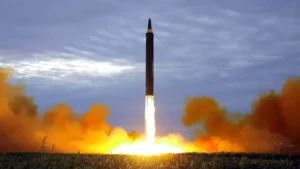In the broad tapestry of international relations, woven with threads of diplomacy, conflict, and collaboration, some occasions demand our attention, forcing us to confront painful facts and stand in solidarity with the oppressed. One such event is the International Day of Truth on Human Rights Violations (HRVs) and Victim Dignity. It is a day to highlight the dark corners of the world, where human rights are violated, dignity is denied, and dissenting voices are stifled.
Today, as we mark this sad day, it is incumbent upon us to turn our eyes towards India, a nation that prides itself on being the world’s largest democracy yet stands accused of serious human rights violations, notably against its Muslim community. The suffering of Muslims in India, especially in the disputed territory of Jammu and Kashmir, serves as a harsh reminder of the atrocities perpetuated in the name of state security and nationalism.
During the last session of the United Nations General Assembly, then-Caretaker Prime Minister of Pakistan, Anwarul Haq Kakar exposed the realities of India’s harsh rule in Indian Illegally Occupied Jammu and Kashmir (IIOJ&K). He described a nation beset by militarisation, with hundreds of thousands of troops roaming the streets, politicians and activists imprisoned, and extrajudicial murders carried out without remorse. Kakar’s statements match the conclusions of Human Rights Watch’s 2023 Report, that presents an even grimmer picture of India’s chronic human rights violations in the region.
State-sponsored terrorism against the Muslim population of IIOJ&K is a historical injustice stemming from India’s unwillingness to address minority issues. During the colonial era, British policies pitted Hindus against Muslims, creating the seeds of communalism and conflict. The partition of India in 1947 was intended to alleviate tensions, but instead, it planted the seeds of greater discord and tyranny.
Since partition, India has attempted to depict itself as a secular and inclusive democracy, but the facts on the ground tell a different story. Muslims in India endure prejudice in many aspects of life, including politics, jobs, education, and housing. The rise of Hindu nationalism under the leadership of Indian Prime Minister Narendra Modi has only exacerbated tensions, emboldening extremists to target Muslims with impunity.
The situation in IIOJ&K remains grave, with India’s harsh laws and heavy-handed methods transforming the territory into the largest human jail on earth. The Indian administration heralded the withdrawal of Article 370, which granted the territory exceptional autonomy, as a step toward integration, but in reality, it was a clear infringement of the Kashmiri people’s rights.
Also Read: Kashmir Solidarity Day – Another Year of Indian Atrocities
Excessive force by Indian security personnel has killed and injured numerous civilians, including women and children. The recent custody killings of three Kashmiri civilians, allegedly by the Indian army, have sparked outrage and protest from human rights organizations throughout the world. The victims, Mohammad Showkat, Safeer Hussain, and Shabir Ahmad, were tortured to death in jail, and their bodies bore evident signs of cruelty and abuse. This atrocity is the most egregious illustration of how the Indian military violates human rights by scapegoating Kashmiri Muslims as terrorists.
The Indian Government’s reaction to such heinous crimes has been shamefully insufficient, with promises of compensation and employment for victims’ families failing to address the underlying reasons for the violence. Instead of holding the culprits accountable, regulations such as the Armed Forces (Special Powers) Act have insulated the Indian Army from prosecution, thereby granting them impunity for their acts.
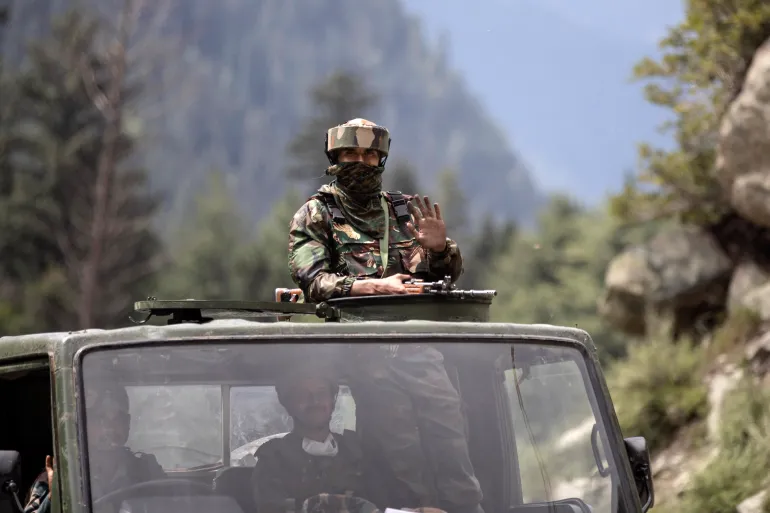
The situation of Kashmiri journalists and human rights campaigners underscores the severity of India’s assault on dissent. Journalists have been harassed, intimidated, and sometimes beaten for daring to speak out against the Government’s policies. Human rights advocates like Khurram Parvez have faced arbitrary incarceration and persecution for advocating for the rights of Kashmiris.
The worst form of tyranny is the implementation of the Citizenship Amendment Act which allows Sikhs, Christians and other communities to claim Indian Citizenship while excluding Muslims from the same. In the face of such widespread persecution, the world community cannot stay silent. We must speak out against injustice wherever it occurs, stand in solidarity with victims of human rights breaches, and hold those responsible for such crimes accountable.
As we commemorate International Day of Truth, let us renew our commitment to supporting the ideals of human rights and dignity for all. Let us stand in solidarity with the people of Jammu and Kashmir in their fight for justice and freedom, and let us send a clear message to the Indian government that the world is watching and that impunity will not stand.
On this International Day of Truth, let us remember the victims of human rights atrocities in India and across the world, and renew our commitment to achieving justice, equality, and dignity for all. Only then can we genuinely honour the spirit of the day and create a society in which human rights are honoured and the truth triumphs.

